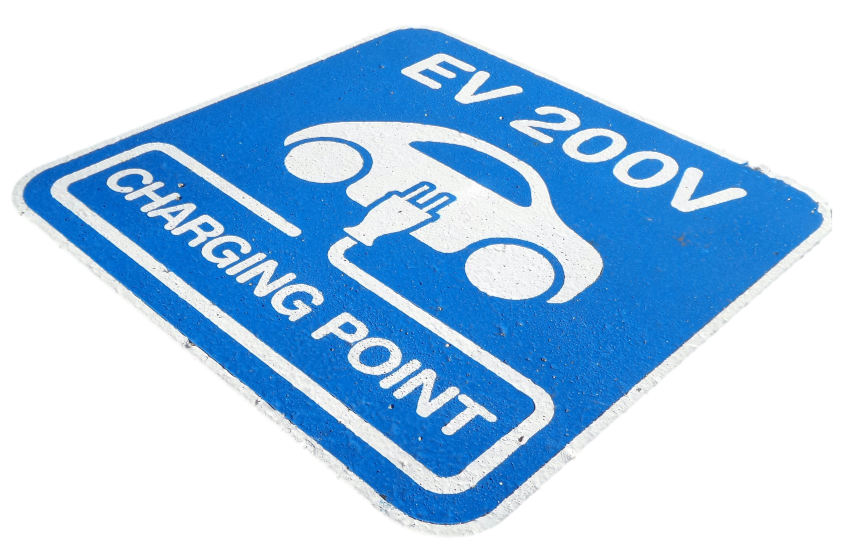There is a inconsistency between the rate of VAT on electricity for car charging based on where the car is located at the time of charging.
VAT is charged on the electricity used to charge your car at home at the reduced rate of 5%. This is based on de minimis provisions for ongoing supplies of electricity, below 1000 kilowatts hours a month, to your home.
Electricity supplied for the same purpose at public charging point, according to HMRC’s published position, is subject to VAT at the standard rate of 20%.
So, the supply of the same thing, for the same purpose, is subject to two different rates of VAT.
It would seem reasonable to assume that input tax recovery would be applied to these supplies of electricity as it is to other supplies of fuel for motor vehicles. However, there is a difference in approach depending on whether you are a sole proprietor or if you are an employee.
As a sole proprietor the VAT incurred on charging an electric vehicle can be recovered if:
- you charge your electric vehicle at home or elsewhere
- you charge your electric vehicle for business purposes
The rate of VAT incurred will vary according to whether you were at home or not.
As an employee the VAT incurred charging your vehicle at home, or at a public charging point cannot be recovered by your employer. This is on the basis that the supply is to the employee, not the business.
This is at odds with owners of traditional petrol or diesel vehicles who claim mileage rates from their employers. They in turn are entitled to input tax recovery on fuel supplied to the employee for business use.
When employees charge their vehicles at work, the employer can recover VAT to the extent that it is used for business purposes; or recover the VAT in full and make a corresponding VAT charge to the employee for private usage.
It is not unusual for the answer to a question on VAT liability to be “it depends”. But this seems to be a step too far and in the wrong direction in the drive to reduce the use of petrol/diesel vehicles.
To read an earlier blog on the tax benefits of electric cars click here.
